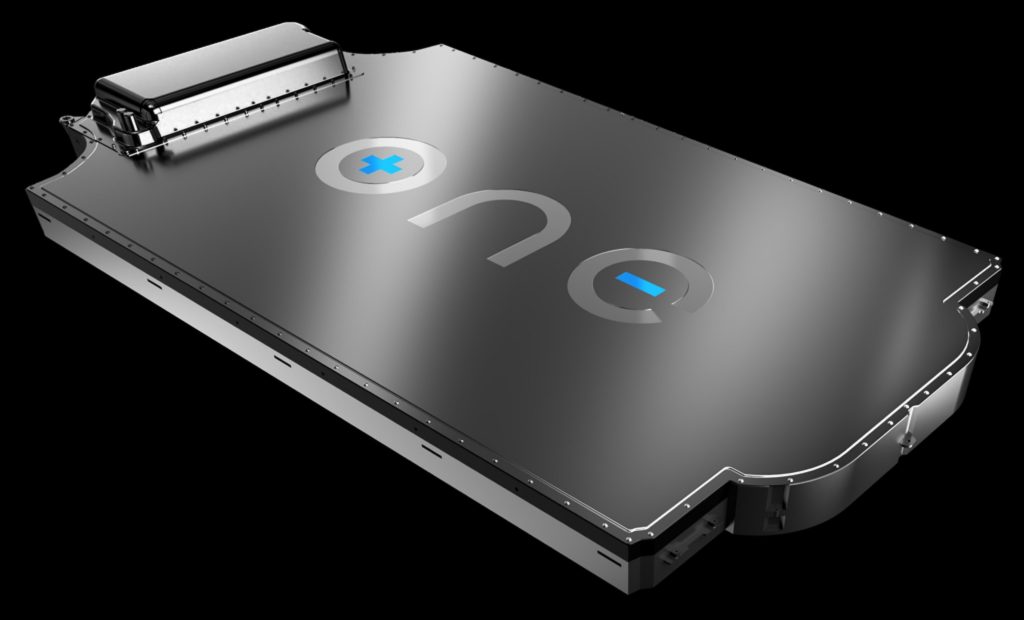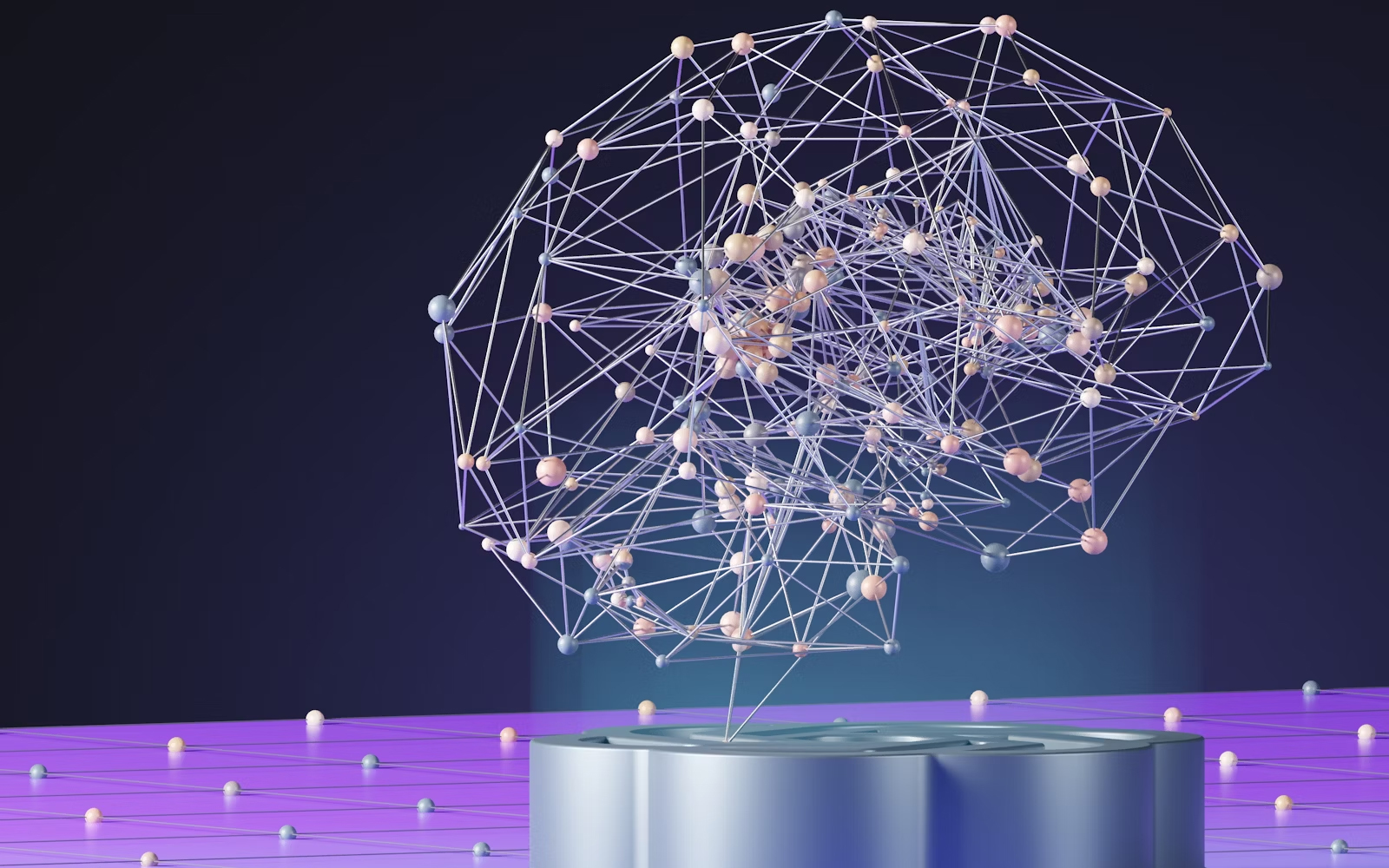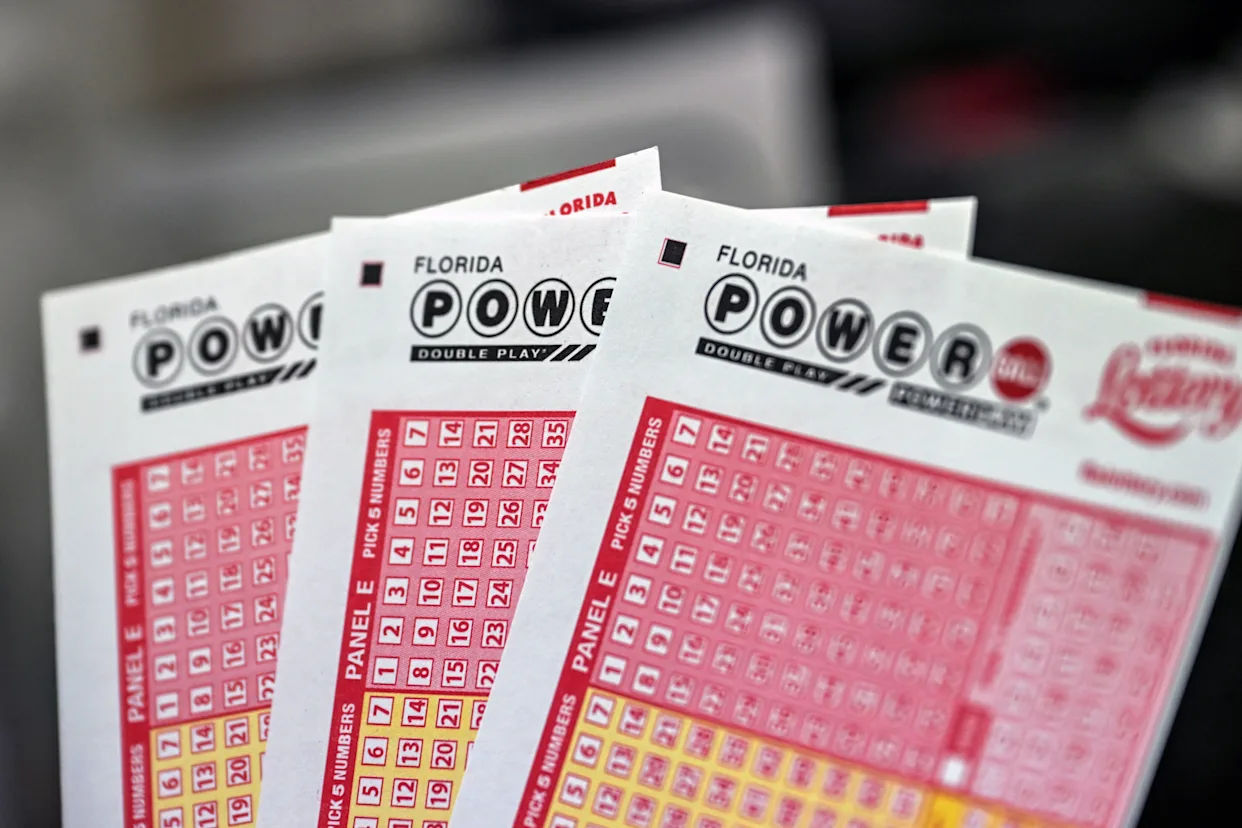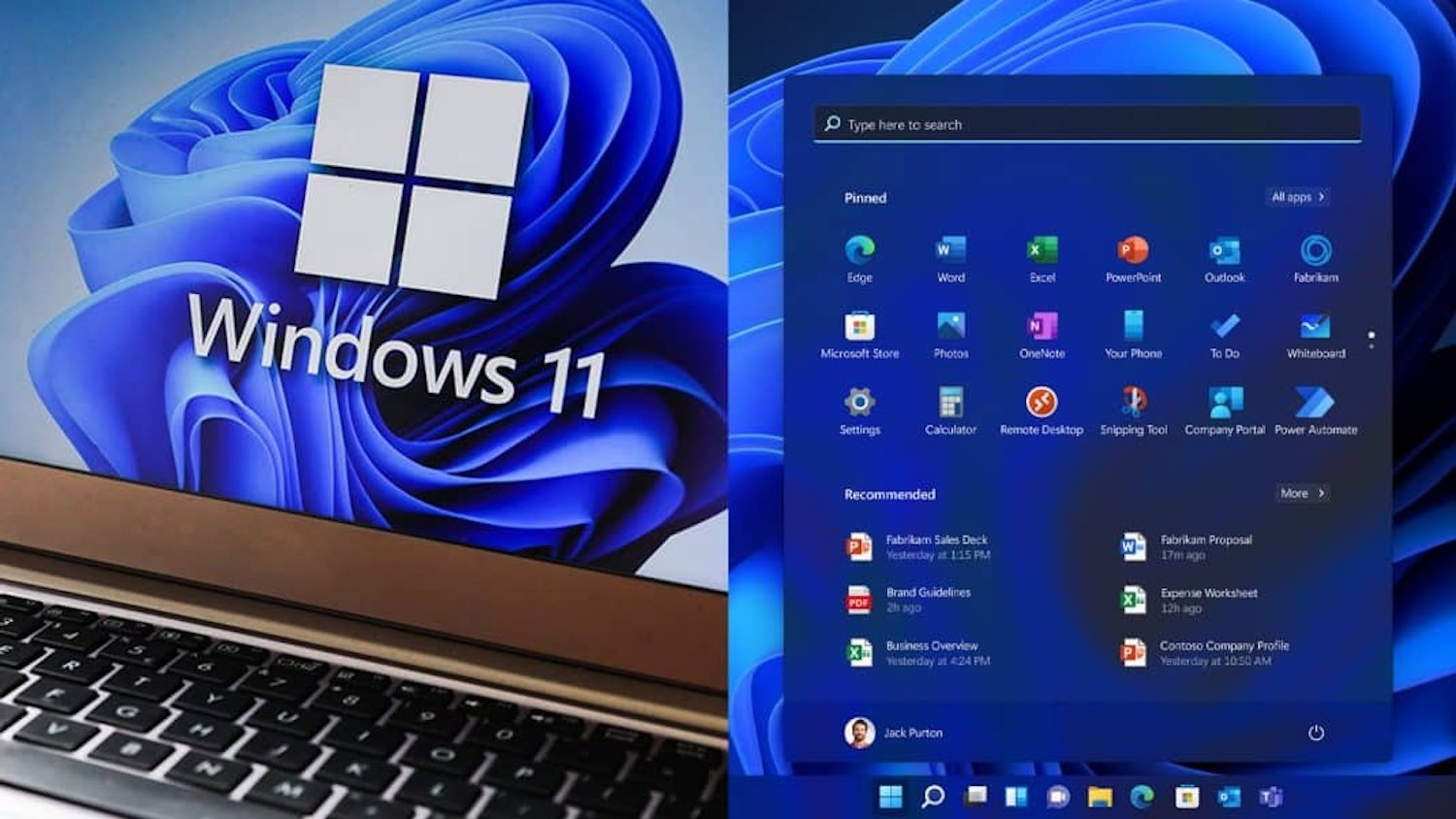
The range of electric vehicles is one of the key features for broader adoption of these vehicles among motorists.
While the current range of mid-range electric cars is sufficient for daily use, some drivers will only be satisfied when electric cars can travel without a stop as much as a diesel-powered highway cruiser. As Caranddriver reports, Tesla has just tested such a battery in the Model S.
All the science behind this impressive range is hidden in the battery. A startup called Our Next Energy has developed a battery that has roughly double the capacity compared to the original batteries used by Tesla in the Model S.
With higher capacity comes a higher range, and if this double capacity can fit into the same-sized and equally heavy package as the original battery, the range itself will be doubled.

Covering over 1,200 km on a single charge will no longer be a problem!
Tesla, with its revolutionary battery, has now surpassed an astounding range of 1,210 km on a single charge, definitively surpassing even the best diesel “highway cruisers.” The original Tesla Model S battery had a range of approximately 650 km, so this increase represents a staggering 90%.
The battery prototype from the startup ONE has a capacity of 207.3 kWh, while the original battery had a capacity of 103.9 kWh. The energy density has significantly increased as the prototype battery has successfully fit into the same enclosure as the original battery. Furthermore, the test was conducted in December, which means it was performed under challenging cold conditions for an electric vehicle. The Model S covered 1,200 km in 15 hours, with an average speed of 88.5 km/h.

Speed of charging or higher capacity?
As we mentioned earlier, current electric vehicles with real-world highway ranges of 300 km to 400 km are already sufficient for any highway travel. The only issue lies in the fact that recharging the battery takes about 30 minutes, but if you want to fully charge an electric car, you could spend up to an hour at the charging station.
Battery developers are currently focusing on this aspect, and the first results have already emerged. We are just a step away from the introduction of next-generation batteries with higher energy density and faster charging. One such battery has been developed by the Chinese startup Greater Bay Technology. As reported by InsideEVs, their Phoenix battery can be charged in 6 minutes at any ambient temperature.
Greater Bay Technology, in its short existence, has managed to achieve a market value of up to 900 million euros. It’s not surprising considering that, unlike many other startups, their Phoenix battery brings improvements in all aspects compared to current batteries.
As reported by ArenaEV, the first significant improvement is the charging speed. While current batteries take about 20 to 30 minutes to charge from 0% to 80% at best, the Phoenix battery can achieve that in just 6 minutes.
The utilization of superconducting materials ensures optimal functionality in any temperature conditions. Combined with advanced thermal management, the battery can quickly heat up to the ideal temperature. For instance, it can go from -20 degrees Celsius to 25 degrees Celsius in just 5 minutes, allowing the charger to deliver full power to the battery.


